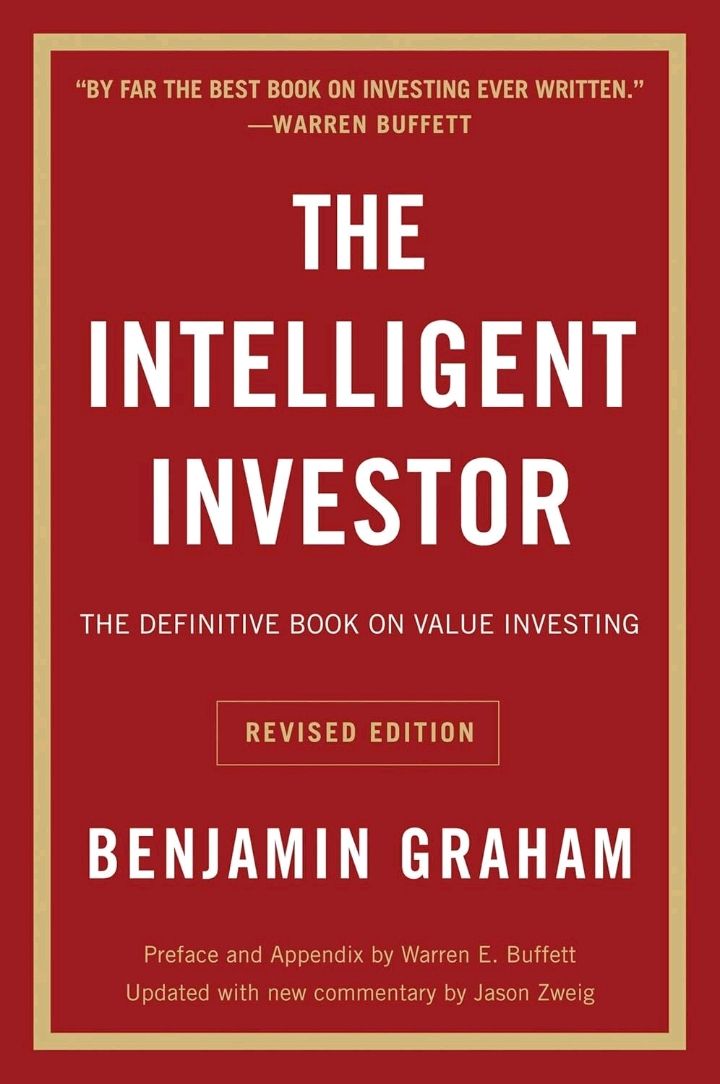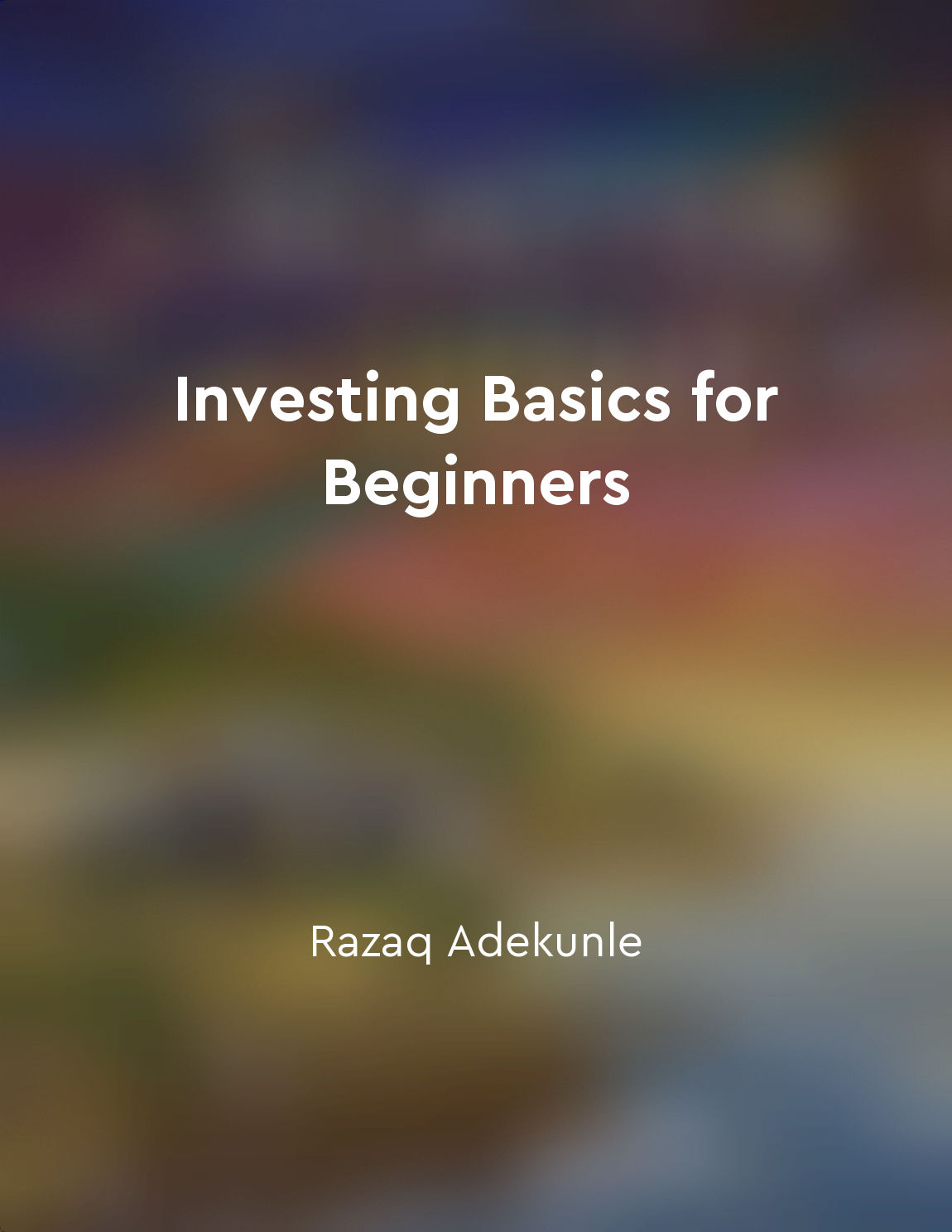Audio available in app
Control your emotions when investing from "summary" of The Four Pillars of Investing: Lessons for Building a Winning Portfolio by William J. Bernstein
One of the most challenging aspects of investing is controlling your emotions. Investing can be an emotional rollercoaster, with highs and lows that can cause investors to make irrational decisions. When the market is soaring, it's easy to get caught up in the excitement and overlook the risks. Conversely, when the market is plummeting, fear and panic can set in, leading to a rush to sell. Emotions such as greed and fear can cloud your judgment and lead to poor investment choices. It's crucial to maintain a level head and stick to your long-term investment strategy, even when the market seems to be in turmoil. By controlling your emotions, you can avoid making impulsive decisions that could harm your portfolio in the long run. One way to control your emotions when investing is to have a well-thought-out investment plan in place. Having a clear strategy can help you stay focused on your goals and avoid being swayed by market fluctuations. Additionally, regular monitoring of your investments can help you stay informed and make informed decisions based on facts rather than emotions. Another technique for controlling your emotions is to diversify your portfolio. Diversification can help spread risk across different asset classes, reducing the impact of market volatility on your overall portfolio. By having a diversified portfolio, you can weather market fluctuations more easily and avoid making knee-jerk reactions based on fear or greed.- Controlling your emotions when investing is essential for long-term success in the market. By having a clear investment plan, regularly monitoring your investments, and diversifying your portfolio, you can avoid making emotional decisions that could harm your financial future. Stay focused on your long-term goals, and remember that investing is a marathon, not a sprint.
Similar Posts
Understanding our relationship with money is crucial
Our relationship with money is a complex and deeply ingrained aspect of our lives that influences our thoughts, emotions, and b...

Learn from your mistakes and adapt your strategy
The ability to learn from one's mistakes and adjust strategy accordingly is a crucial skill for investors. This concept is part...
Pay attention to a company's return on invested capital
Return on invested capital is a crucial metric to consider when evaluating a company's potential for creating wealth for its sh...
Trust in the power of the market
The idea that underlies all our discussions is really a quite simple one. It is the concept of trust in the power of the market...
Overconfidence can lead to financial mistakes
Overconfidence can lead to financial mistakes because it causes investors to take on too much risk. When we are overconfident, ...
Don't be afraid to ask questions
Peter Lynch encourages investors to always be curious and never hesitate to seek clarification by asking questions. He stresses...
Pay attention to the return on invested capital
The return on invested capital is a concept that is crucial to understand when evaluating the performance of a company. Essenti...
Look for companies with strong growth potential
One of the most important factors to consider when selecting stocks is the growth potential of the companies in question. This ...

Reinvest dividends to accelerate growth
When you receive dividends from your investments, you have a choice to make. You can either take the dividends as cash or reinv...
Patience is key in wealth accumulation
In the world of investing, there is a common saying that "patience is key in wealth accumulation." This idea is not just a clic...

